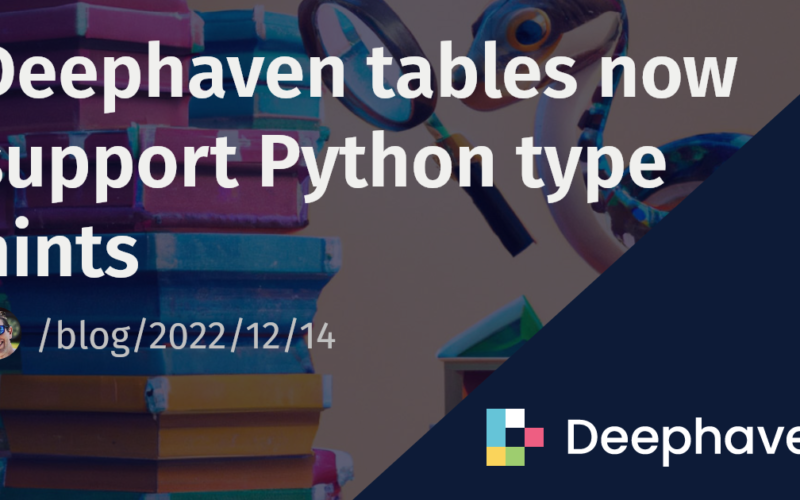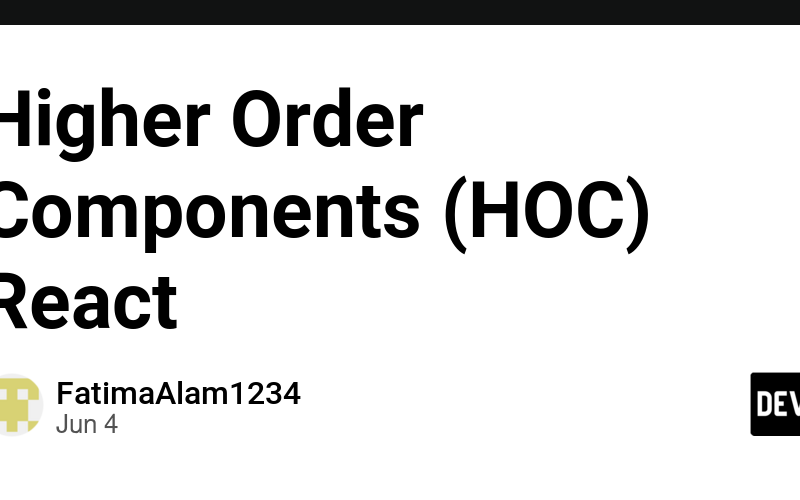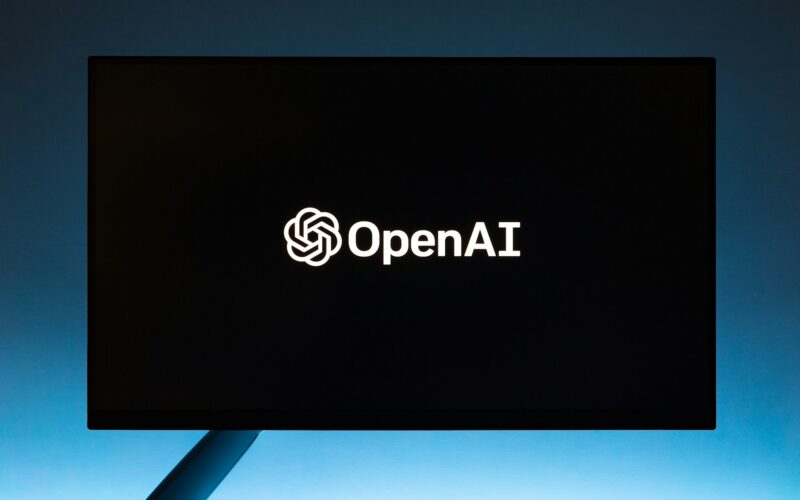04
Jun
Deephaven's v0.19 release rolled out some awesome features, particularly for Python programmers - table slicing, autocomplete, and others. For me, support for type hints in tables is an unsung hero. I've always had so many explicit typecasts in my table operations. Now I can reduce how many I need, which results in cleaner code. Let me show you what I mean.I write a lot of Deephaven queries. I also write a lot of Python functions. Sometimes, I wish I didn't always have to cast my Python functions in query strings to the data type I want:from deephaven import empty_tableimport numpy…








